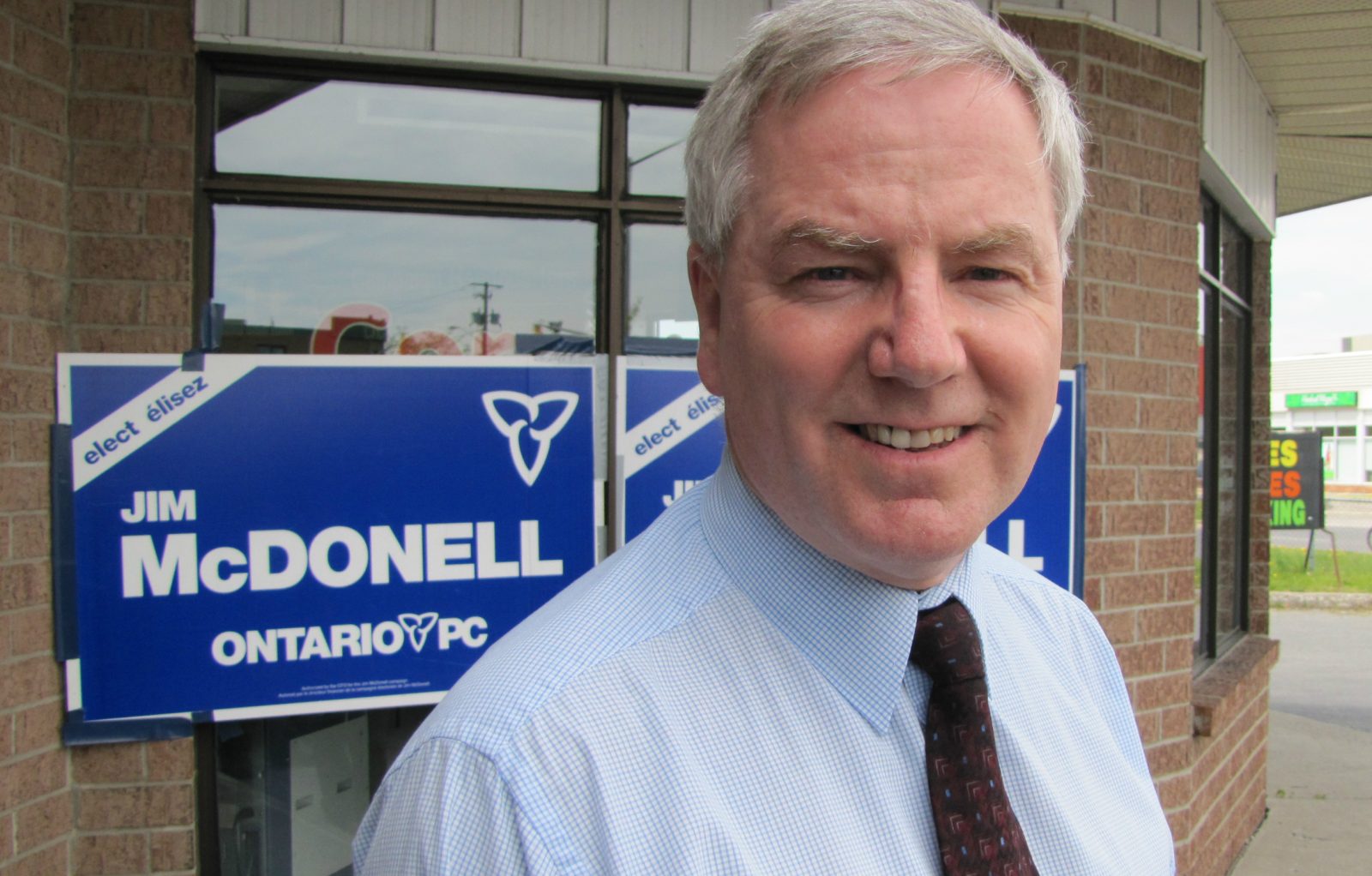Question Period is normally a time in the legislative day that is dedicated to the government explaining existing policies in response to opposition questions and addressing emerging issues. This week’s Question Periods would, therefore, appear quite bizarre to an observer. Most statements by the government, even the government’s own members’ questions to their Ministers, revolved not around government policy, but around the Official Opposition’s platform, released during their policy convention last weekend. The Third Party joined the fray as well, creating an unusual circumstance where a party’s platform became the subject of heated exchanges in the legislature long before a campaign or that party forming a government.
Hydro rates were the subject of a very heated debate on Wednesday during an Opposition Day Motion by the Third Party. The motion blamed high hydro rates on the partial privatization of Hydro One and demanded the government use existing dividends from Hydro One shares to buy the company back. The mildest term used by the government to describe the proposal and its merit was “foolish.” My colleagues and I remain concerned about how Hydro One was sold off to finance government pet projects, and for plugging a systemic deficit in the budget ahead of an election; however, Hydro One’s ownership structure is not the source of the problem. Rates skyrocketed for over a decade while Hydro One was public, and the scandals surrounding overbilling, power lines to nowhere, and disrespectful customer service mainly happened under public ownership as well. Buying Hydro One back, doubtlessly at a premium since shareholders won’t part with their dividend-paying shares easily, would take decades and not impact rates. We responded to the Third Party with a more realistic proposal. First: return Hydro One dividends earned by the government to ratepayers, rather than using them to hide deficit spending. Second: place an immediate moratorium on new wind and solar contracts to help contain runaway prices. Third: walk away or renegotiate any existing wind and solar contracts through any legal means possible. These measures are reasonable, achievable and meaningful in putting money back in ratepayers’ pockets.
In Committee, we examined amendments to Bill 166 regarding new homes and ticket sales. The government rejected all opposition amendments except a very obvious one regarding the new home warranty authority’s mandate. Rather than offer us counter-arguments, the government members just sat distractedly silent. We were discussing potential unintended consequences and omissions in major reforms concerning a family’s largest purchase and an overhaul of the entertainment industry in Ontario. An ounce of attention would not have gone unnoticed.
Next week I expect the government to take strong action to cut debate short and ram its legislation through before the winter break. In previous Parliaments without a government majority, this would have been a time of mutual agreement to expedite uncontroversial legislation that Ontarians collectively agreed was necessary. In today’s climate, that would be a welcome Christmas miracle.



